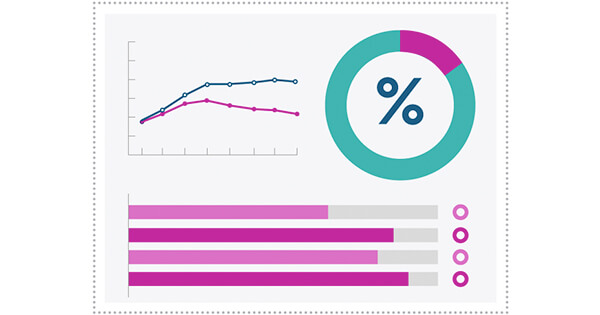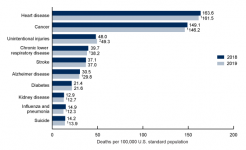Actually, IF largely succeeds only in people who lose weight and keep it off. That almost always is accompanied by changes in what they are eating.
And you ignored the cites showing you are wrong.
"Men with prediabetes were randomized to eTRF (6-hr feeding period, with dinner before 3 p.m.) or a control schedule (12-hr feeding period) for 5 weeks and later crossed over to the other schedule. eTRF improved insulin sensitivity, β cell responsiveness, blood pressure, oxidative stress, and appetite. We demonstrate for the first time in humans that eTRF improves some aspects of cardiometabolic health and that IF’s effects are not solely due to weight loss."
The subjects here lost no weight at all - they just restricted eating to an 18:6 IF diet.
Also, yes, IF is generally most useful to the obese and the #1 goal for someone obese is to get the weight off and keep it off. So your suggestion here is IF only works when people are successful in losing weight and keeping it off. Well, if people use IF to lose weight and keep it off, that's fantastic, awesome, an ideal outcome! That's where calorie restriction diets fail, nearly everyone.
The data in humans is not as convincing but it is clear most of the long term benefits seen in people are likely largely due to reduced calorie intake and maintaining a lower body weight.
But of course one main goal, THE main goal for most, of an IF diet is to lose weight, and keep it off. So why do we care about this distinction?
There are some minor changes in some metabolic markers in small short term studies that suggest there may be some metabolic changes that may be partially independent of changes in body weight. However, there are both positive and negative changes reported in small short term studies.
What are the negative changes? Can you list them, and cite your study that finds these negative metabolic changes?
You said when you adopted the IF approach you stopped eating those fattening foods late at night. And the fact that you lost a lot of weight tells me you did not just eat them earlier in the day but were eating far less fattening foods.
You mean less fattening foods like eggs, sausage, hamburger, steak, cheese, nuts, peanut butter, olive oil? I eat all those on a weekly basis, nuts and cheese daily, and lose weight under IF. I also eat berries 2-3 times a week, the occasional apple or peach or watermelon in this season, and veggies/salad/beans daily.
If you just ate them for breakfast instead you would not have lost weight. One does not need to be much of a nutrition expert to figure that out. Generally, when people gain or lose a lot of weight it is because they calorie intake went way up or down, respectively.
But again, you're fighting windmills. Obviously to lose a lot of weight on IF or any other diet, you have to consume fewer calories than you burn. What works for me under IF is that if I just have a snack around 3-4pm, usually nuts and/or cheese, then one big meal a day at 7pm roughly, I can easily cut calories, feel great, and burn a lot of fat during the fasting hours. The 'feel great' part is key - alert, only a small baseline amount of 'hunger' that's easily ignored, and with plenty of energy to do everything I want to do during the day, including exercise, all while in a fasted state. The 'feel great' part is also not surprising, since long fasting periods are what our bodies are designed to do, and function at a high level while fasted. Would be a disaster for the species if when we were in a fasted state and needed food, our bodies shut down and made us lethargic and dull-witted.
There are no studies of Oprah....
Exactly - you don't have a clue what her diet was like, and her experience is a cautionary tale. Even someone with all the resources in the world available to them, a huge amount of self discipline, amazingly successful in all other areas of her life, still couldn't lose weight and keep it off, failing very publicly multiple times. But you want to expect better results from some poor person working at Kroger.... And then blame them for being lazy and worthless for not keeping the weight off...





